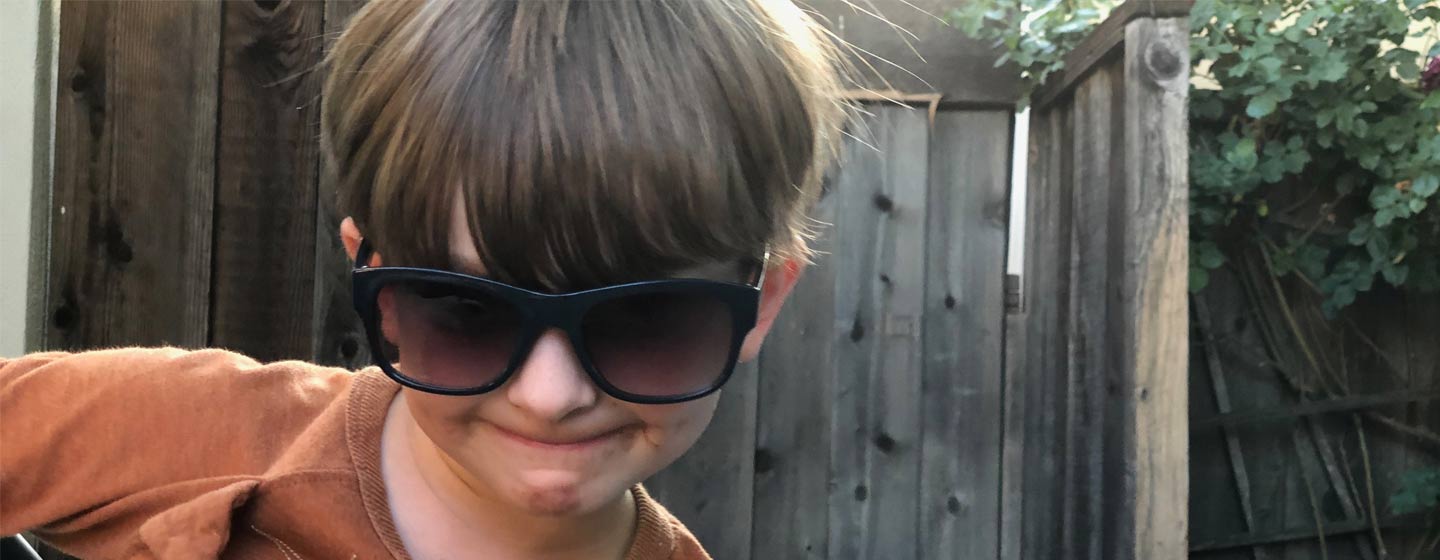Patient education strategies and videos for ENTs and ECPs
The masks are coming off, pools and beaches are opening, and there’s a feeling of freedom and hope as summer arrives. We’ve seen the positive outcomes of educating people about their health risks and adopting effective prevention strategies. Why not extend that to your patients’ eye and ear safety this summer? Here are some tips for doctors to deliver better patient education this summer.
1. Emphasize what is permanent, yet preventable. Striking the right note between scare tactics and encouraging healthy behaviors can be tricky, but you need to make patients aware of their risks and what they can do to reduce them, if anything. For example, it bears repeating that once hearing is damaged, it cannot be repaired. Damage to the retina from looking directly at the sun is irreversible. Once you’ve made the risks clear you can move on to discussing how to prevent them.
2. Use visuals to explain anatomy. You could tell patients that loud noises, like fireworks or concerts, can damage the approximately 16,000 hair cells within their cochlea, causing temporary or permanent hearing loss. And you can warn them that UV rays from the sun can damage the eye, and has even been linked to causing cataracts. But it’s much more effective to show them what their inner ear looks like, or how UV rays affect the eye.
3. Clear up eye protection myths. Many patients probably already know that sunglasses protect their eyes from harmful UV rays. However, they may not think about protecting their kids’ eyes. Remind all your patients to wear sunglasses even on overcast days, since UV rays can go through clouds.
4. Encourage healthy outdoor time. Of course, you should also let patients know that some exposure to sunlight can have positive health effects, as long as you protect your eyes and skin from UV damage. Spending time outdoors can also help prevent myopia, or nearsightedness, in kids. This is an especially important message to share this year, after many children spent much more time inside and on screens due to the pandemic and distance learning.
5. Check medication labels. An American Academy of Ophthalmology survey found that one-third of adults use medications that may increase photosensitivity, or increased susceptibility to eye damage from UV rays. However, almost half were unaware of their risk. These photosensitizing drugs include antibiotics containing tetracycline, some birth control and estrogen pills and certain anti-inflammatory pain relievers, such as ibuprofen (Advil) and naproxen sodium (Aleve). Encourage patients to bring their medications to their next eye exam.
6. Reach out to veterans. On Memorial Day, we honored fallen soldiers. The rest of the year, let’s remember the veterans who may be suffering hearing loss. Hearing issues are the most common service-connected disability among American veterans, according to the Hearing Loss Association of America (HLAA), and 2.7 million veterans receive either disability compensation for service-connected hearing disabilities or are in treatment for related hearing issues.
7. Include kids and teens. While hearing loss is most common in older adults, they aren’t the only ones at risk. According to HLAA, 1 in 5 teens experience some degree of hearing loss, and 12.5 percent of kids between the ages of 6 and 19 have hearing loss as a result of listening to loud music, particularly through earbuds at unsafe volumes. Hearing loss has been shown to negatively impact everything from physical, emotional, and mental health, to social skills and self esteem, as well as work and school performance. Reinforce safe headphone habits with your patients and their families.
Become a Rendia Customer to gain access to short, fun, sharable videos for your practice’s social media outreach and website. Schedule time with our Account Executives.

